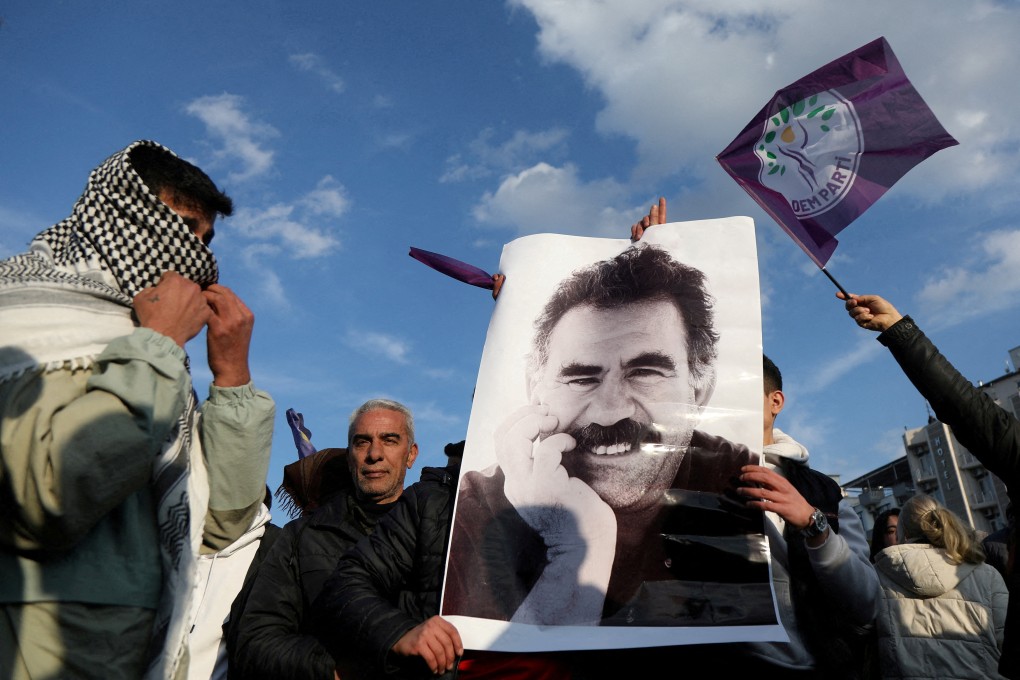Kurds ponder future in Turkey, Syria and Iraq with guarded optimism
The mood among the Kurds has changed after Kurdish militant leader Abdullah Ocalan urged the PKK to end its struggle against Turkey

Ocalan’s unprecedented statement on February 27 urging the Kurdistan Workers’ Party (PKK) to disarm and disband raised hopes among Turkey’s Kurdish citizens that Turkish President Recep Tayyip Erdogan could be prepared to grant them democratic rights as part of a quid pro quo for their support to extend his 20-year rule.
The guarded optimism following the PKK’s declaration of an unreciprocated, unilateral ceasefire two days later was boosted on March 11 by a landmark agreement between Syria’s new government and the US-allied Syrian Democratic Forces (SDF) dominated by Kurds, which controls the northeast of the country.
Under the agreement, Syria’s Kurds were granted full rights as citizens for the first time since the Assad regime, toppled in December, seized power in 1971.
“The stakes of this renewed peace initiative [between Ankara and the PKK] are high,” according to Mohammed A. Salih, a non-resident senior fellow of the Foreign Policy Research Institute’s National Security Programme.
“After a decade of intense conflict, its success or failure will have profound implications for Turkey’s domestic stability and regional dynamics, particularly in Syria and Iraq,” Salih wrote in a research paper published by the US think tank on March 17.